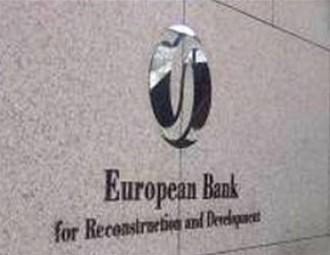EBRD: Russia’s slowdown poses risks for economies in Eastern Europe

The European Bank for Reconstruction and Development (EBRD) lowered regional economic forecasts due to Ukraine crisis.
The European Bank for Reconstruction and Development (EBRD) says the Ukraine crisis is weighing heavily on economies where the bank operates, including Central and Southeastern Europe and the former Soviet republics.
As a result, the EBRD on September 18 revised its forecast for its region of operations, predicting a sharp slowdown during 2014 and only modest recovery in 2015, RFE/RL informs.
In Russia, the EBRD predicts sanctions will cause the economy to stagnate in 2014 and contract slightly in 2015.
It says Russia’s slowdown poses risks for economies in Eastern Europe, the Caucasus, and Central Asia that rely heavily on remittances from Russia.
It predicts Ukraine’s economy will contract by 9 percent in 2014 and another 3 percent in 2015.
The EBRD forecasts modest recovery this year in Central and Southeastern Europe and the Baltics, saying weaker demand from Russia only partly offsets the "positive influence from the Eurozone."
-
03.01
-
07.10
-
22.09
-
17.08
-
12.08
-
30.09










































